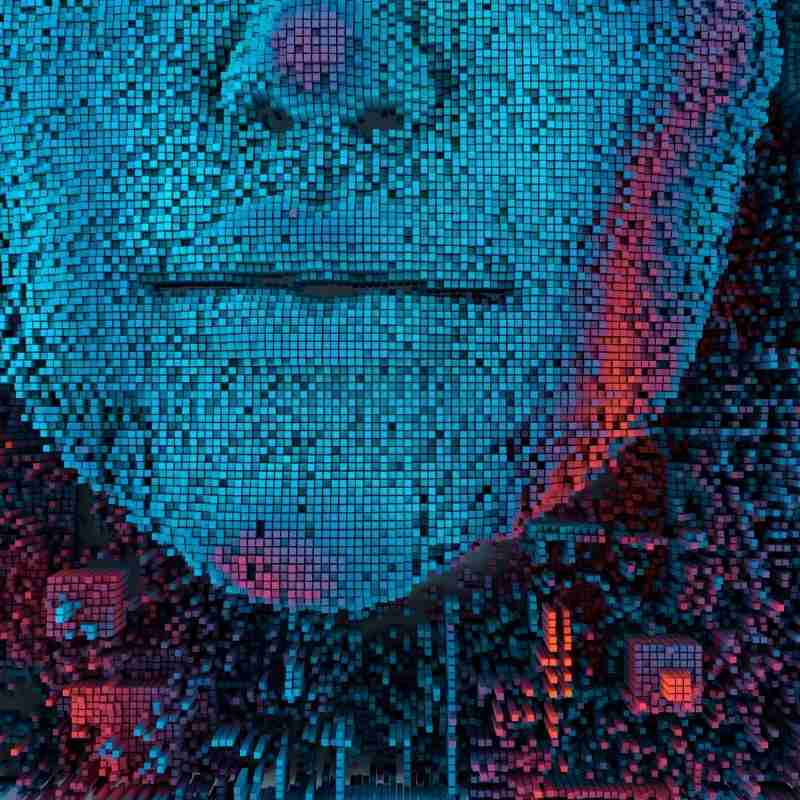AI is a technology that is changing every area of life. It is a comprehensive tool that allows people to rethink the way we integrate information, analyze data, and use the information to improve decision-making.
Our hope is to use this comprehensive review to explain AI to an audience of politicians, opinion leaders, and interested observers, and to show how AI has changed the world and raised important questions for society, the economy, and governance.
Challenges that AI will face
Nonetheless, in a world increasingly predisposed to technological innovation, there are already concerns that AI is already being applied to decision-making processes, which may have negative consequences.
Below are the challenges that can potentially arise in the use of AI:
- Dangerous Investments For several years now, a heated debate has raged regarding the ethical implications of AI and how to regulate it.
- AI systems, which often learn from experience, may one day overrule existing laws and morals. As the prevalence of AI spreads, so too will the impact of its decisions on the real world.
- Faulty ML and AI Another significant challenge are that while today’s AI is impressive in its ability to learn, it lacks the ability to think critically.
The internet of things
The industry trend has seen the rise of “the internet of things” (IoT) with the seemingly exponential growth of connected devices that increasingly gather data to improve the way in which a variety of industries operate. One such IoT-driven industry is banking and financial services. Today, AI is now widely used in such industries to ease operations and provide customer experience.
However, there are many challenges that will face this new age of banking.
AI in the workplace
IT departments are continuing to build and implement AI in their workplace initiatives, as reported in a recent survey. These efforts are being undertaken by organizations of all sizes, and while many businesses are still learning about the technology and its potential, others are getting a better understanding of how it works and what it can do for them. The survey results indicate that even though the use of AI has started to emerge in many business situations, its future is still far from guaranteed.
AI and the military
Most military agencies are now using AI to improve their arsenal of military weapons and to improve the outcome of their military actions. This use of AI was thrust to the fore after Russia recently publicly stated that their military agencies will incorporate AI within their arsenal by 2027.
As Russia is the largest nuclear power in the world, this move had the military cognoscenti examining the implications of AI for warfare and the future of nuclear weapons. One of the early adopters in the military application of AI is Russia. So far, over 20 military AI systems have been developed, and some of them have already been introduced in active service.
These military systems are being used to collect, analyze and disseminate information in the interests of the Russian military.
AI and the medical field
One of the latest AI-enabled medical breakthroughs is the development of a device that could speed up the recovery of stroke patients. Called the Neurological Assist Device (NAD), this lightweight robot, fitted with a flexible scalp electrode and neck connector, uses an advanced artificial intelligence system to study a patient’s brain signals and simulate a 12-month-long seizure.
Once it has simulated a seizure for a certain period of time, it connects to the patient’s machine and applies an electric current that helps the patient recover.
Currently, the NAD device has already been successfully tested in Switzerland, but the health ministry of Switzerland is not expected to approve the device until December 2019.
AI in warfare
AI is making headlines and has already been at the heart of the biggest conflicts in history. The AI Arms Race is making itself felt, with the power to produce weapons that are able to predict our movements, covertly eliminate our enemies and even predict our movements.
Vinod Nair, Head, Corporate, Middle East, India, and Africa, IBM, shares his views on the challenge that Artificial Intelligence has to face. With so many artificial intelligence technologies, what can one do that one cannot do? There are as many definitions of AI as there are of machines. However, the one that tends to be generally agreed upon is that AI systems will work intelligently alongside humans in a variety of domains.
AI and the environment
Despite the potential of AI and its impact on our lives, it is not without challenges. AI uses data to improve itself and make increasingly complex predictions about the future. This means that many of the problems it is confronted with are purely academic, too vast in nature to be solvable by humanity alone. In fact, solving these AI-specific challenges is in some respects a kind of capstone to AI research.
For instance, research for the Large Scale Visual Analytics challenge, which aims to develop an AI-enhanced system to identify dangerous wildfires, has recently wrapped up.
The system’s accuracy was 86%, which fell short of the researchers’ target of 90%. However, in other cases, research is advancing toward solving fundamental problems in the field.
Conclusion
In this article, we have discussed the top AI challenges that we should all be aware of to make sure that the benefits of implementing AI systems outweigh the risks and challenges. Do you think you can overcome the challenges listed above? Let us know in the comments below.

